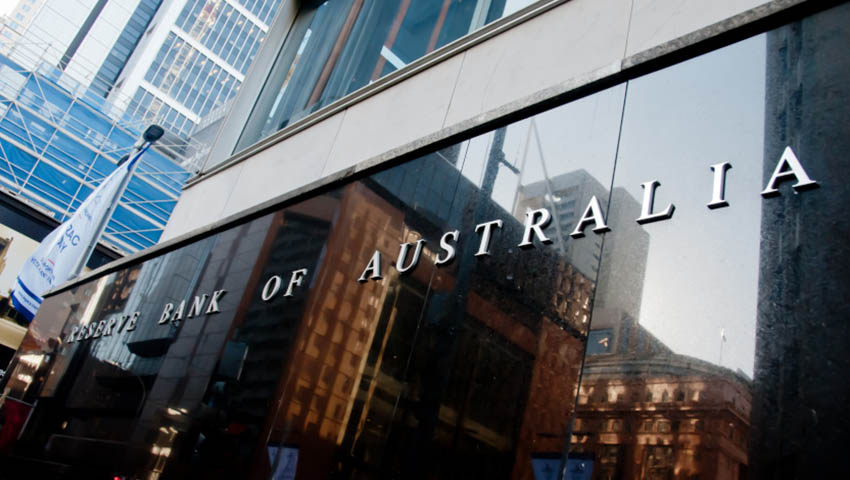What will it take for the bank to lift the rates – and how will it impact property investors?

UBS has added its voice to the chorus of commentators warning that the Reserve Bank of Australia (RBA) could be forced to lift rates prematurely in the face of a stronger than expected recovery.
The “persistence of stimulus” unleashed during the COVID-19 crisis and in the budget will put “upward pressure on wages and inflation” and could force the RBA to act on interest rates, according to UBS.
“The budget means the RBA should be more willing to taper ahead of the Fed (US central bank), and hence, we still expect the RBA will likely announce a taper in July, with QE3 ‘up to $100 billion’, and slower purchases until stopping ~end-year; as well as not extending yield curve control beyond Apr-24,” UBS wrote in a note to clients.
“We still expect the RBA to hold the cash rate until end-22, but we now see the risk of an earlier rate hike than the RBA’s forward guidance of 2024.”
Governor Philip Lowe has been loath to suggest that the RBA could lift rates early, despite skyrocketing house prices and rising bond yields.
However, his deputy governor Guy Debelle indicated that the bank could move sooner, saying “it is the state of the economy that is the key determinant of policy settings, not the calendar”, while warning that monetary policy was not an appropriate tool for alleviating house price concerns.
“Monetary policy is focused on supporting the economic recovery and achieving its goals in terms of employment and inflation. It is important to remember that while housing prices may not rise as fast without the monetary stimulus, unemployment would definitely be materially higher without the monetary stimulus,” Mr Debelle said.
While property investors may fear rising interest rates, My Housing Market’s chief economist, Dr Andrew Wilson, believes that the budget stimulus packages are unlikely to lead to higher inflation.
“As the RBA asserts, underlying inflation will take years to move above the 2-3 per cent pa range that would be a consideration for higher interest rates – and only if incomes were also rising above 3 per cent,” Dr Wilson told Smart Property Investment.
“The prospects for achieving that outcome in the next three years remains remote despite the recent budget – but even more remote is the prospect of interest rates rising by 0.5 per cent over the next year, which would stifle a still fragile and vulnerable economy.”
However, the chief economist noted that headline inflation will rise over coming quarters, adjusting from COVID-impacted record lows, but low underlying inflation will remain.
“It’s been a decade now since the last increase in official rates with no inflation outbreak since then despite a mining boom and rates cut to near zero,” Dr Wilson concluded.

